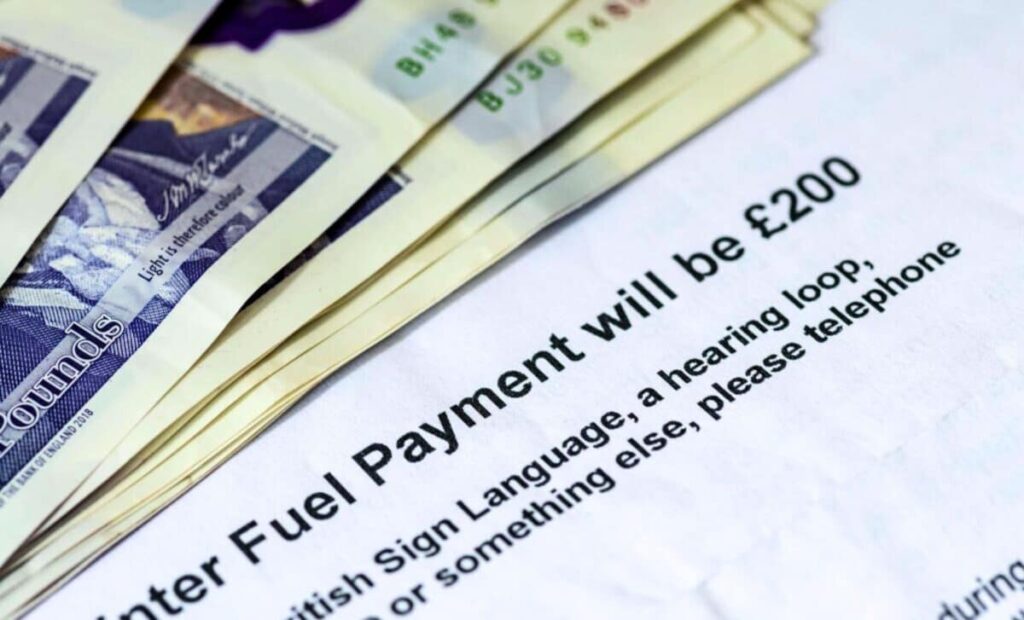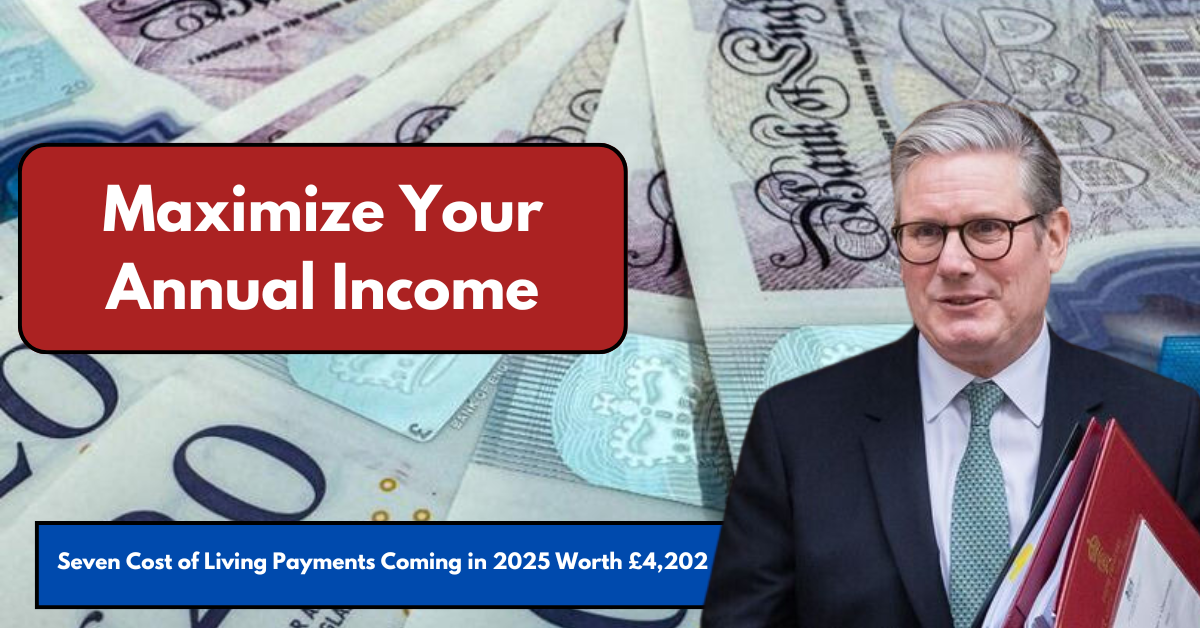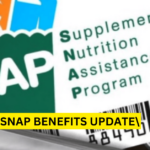As the cost of living continues to challenge households across the UK, several new payments and schemes in 2025 aim to provide much-needed financial relief. These programs, designed to alleviate the burden of rising expenses, can help families save money and stretch their budgets. Below, we’ve outlined seven key payments and support options worth up to £4,202 that could make a difference in your finances this year.
1. Household Support Fund – Up to £500

The Household Support Fund (HSF) has been extended to assist struggling households. This government-backed initiative allocates funds to local councils, who then distribute financial help based on local needs. Depending on your area, you could receive direct cash payments, shopping vouchers, or other types of support for essential expenses.
- Eligibility: Varies by local council.
- How to Apply: Check your local council’s website for specific details.
- Potential Amount: Some households have received as much as £500.
2. Energy Hardship Schemes – Up to £2,000

Several energy providers, including British Gas and EDF, offer grants to help with energy debts. The British Gas Energy Trust, for example, supports individuals and families facing significant financial hardship by clearing energy arrears.
- Eligibility: Open to customers of participating energy providers.
- How to Apply: Visit your provider’s website or contact them directly.
- Additional Support: Access to money advice services funded by the trust.
3. Help with Water Bills – Up to £1,000

Low-income households may qualify for reduced water bills through social tariffs offered by water companies. These discounts vary by provider and can significantly lower annual costs.
- Eligibility: Based on income and other criteria.
- How to Apply: Contact your water provider to inquire about social tariffs.
- Example: One individual reported saving over £1,000 through this scheme.
4. Affordable Phone and Broadband Packages – Worth £227

Social tariffs for broadband and mobile phone services offer discounted rates to low-income households. Providers like BT and others have introduced packages significantly cheaper than standard plans.
- Eligibility: Typically available to those on certain benefits like Universal Credit.
- How to Apply: Check with your provider for available options.
- Savings: For example, BT’s Home Essentials plan costs £15 per month compared to their standard £33.99 package, saving £227 annually.
5. Warm Home Discount – £15

This one-off discount reduces electricity bills for eligible households. While the money isn’t paid directly to you, it’s applied as a credit to your energy bill.
- Eligibility: Automatic for most households; some may need to apply.
- How to Claim: Contact your energy supplier if you’re unsure of your eligibility.
- Additional Info: In Scotland, applications are required for those on low incomes.
6. Winter Fuel Payment – £300

If you were born before 23 September 1958, you could receive between £200 and £300 to help with heating bills during winter 2024-2025. This payment is separate from previous Pensioner Cost of Living Payments.
- Eligibility: Based on age and benefits received.
- When to Expect Payment: Typically sent out in November or December.
- What to Do: Most payments are automatic, but you may need to claim if you don’t receive a notification letter.
7. Cold Weather Payments – £25 per Cold Spell

During particularly cold winters, households on qualifying benefits receive £25 for each seven-day period when temperatures drop to zero degrees Celsius or below.
- Eligibility: Linked to specific benefits.
- How to Claim: Payments are automatic; inform Jobcentre Plus of any changes to your household.
- Timeframe: Payments are made between 1 November 2024 and 31 March 2025.
Final Thoughts
These seven cost of living payments for 2025 can provide vital financial support during challenging times. Whether it’s through grants, discounts, or direct payments, taking advantage of these schemes can help ease financial stress and make the year ahead more manageable. Check your eligibility and apply promptly to maximize your benefits.
This article has been carefully fact-checked by our editorial team to ensure accuracy and eliminate any misleading information. We are committed to maintaining the highest standards of integrity in our content.
Premlata is a seasoned finance writer with a keen eye for unraveling complex global financial systems. From government benefits to energy rebates and recruitment trends, she empowers readers with actionable insights and clarity. When she’s not crafting impactful articles, you can find her sharing her expertise on LinkedIn or connecting via email at biswaspremlata@gmail.com.









